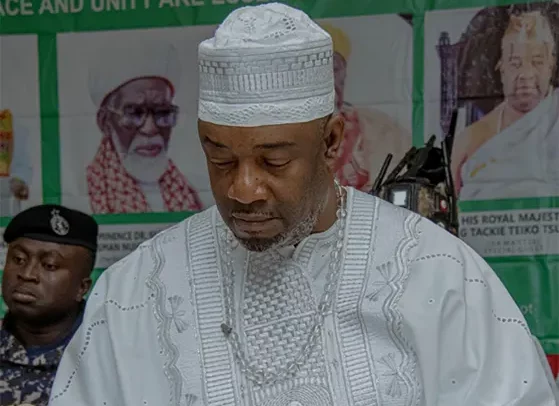
King Tackie Teiko Tsuru II
THE GA Mantse, King Tackie Teiko Tsuru II, has lamented over the recent disrespect of the Ga-Adangbe culture by some Ghanaians.
Speaking during a durbar marking the conclusion of the 2025 Homowo festival on Saturday, August 30, 2025, the Ga Mantse underscored the importance of honouring Ga customs and traditions, especially when the Ga people are the traditional custodians of Ghana’s capital.
“We won’t banish anyone from Accra because we are welcoming by nature, and the least we expect is to be respected and duly honoured,” he stated. “The Greater Accra Region has been successful as the country’s capital because of the loving nature of the Ga people. It should never happen that we are disrespected for hosting the nation’s capital.”
The request comes days after a video went viral that captured King Tackie Teiko Tsuru II calling for the replacement of ‘Akwaaba’, which means welcome in the Akan language, with ‘Oobak?’, which also means welcome in the Ga-Adangbe language.
This debate has been ongoing, particularly regarding the signage at the Kwame Nkrumah Memorial Park and Kotoka International Airport, both located in Accra.
The Ghana Tourism Authority has refuted claims that they replaced ‘Akwaaba’ and ‘Woezor’ with ‘Oobak?’ on the signage at the Kwame Nkrumah Memorial Park after an AI generated photo went viral suggesting the signage has been changed.
The authorities stated that any modifications would require clearance from relevant state agencies. Some argue that ‘Akwaaba’ has become a national brand, symbolising Ghanaian hospitality and unity.
On the other hand, Greater Accra Regional Minister, Linda Ocloo, has also objected to the use of the Ewe greeting ‘Woezor’ on the welcome signage in Accra, insisting that Ga culture should be prioritised on Ga-Adangbe land.
Minister Ocloo asserts that Greater Accra is Ga land, and the indigenous culture should be respected. Critics, however, argue that this approach may promote cultural exclusion in a nation known for its diversity.
Considering the magnitude of the matter, many have proposed implementing rotational multilingual signage, creating a national language inclusion charter, and establishing ceremonial language days to promote linguistic diversity and unity.
BY Prince Fiifi Yorke
Read Full Story
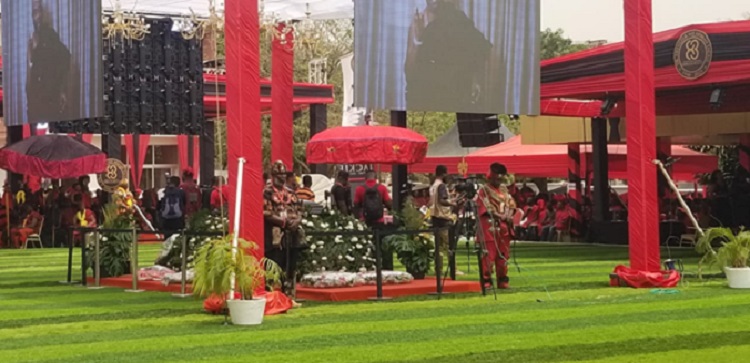
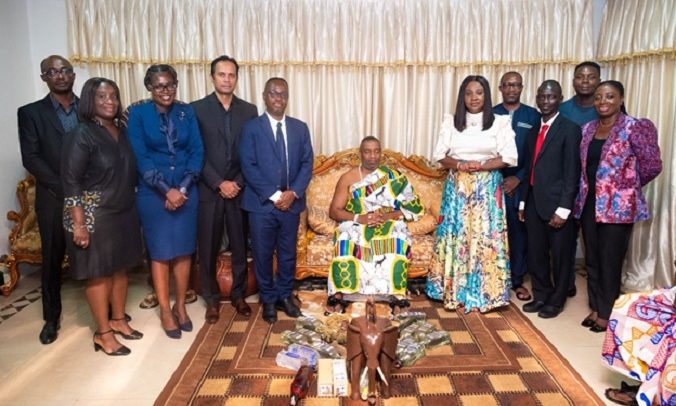

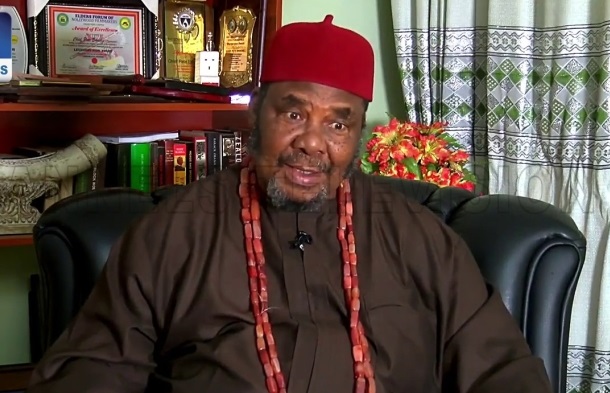
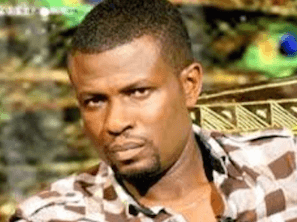
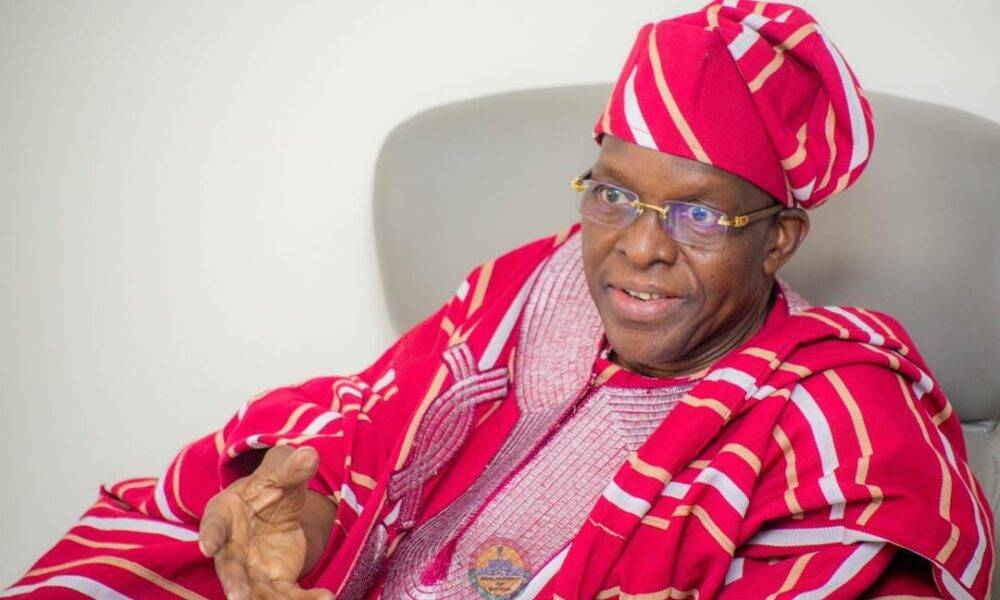
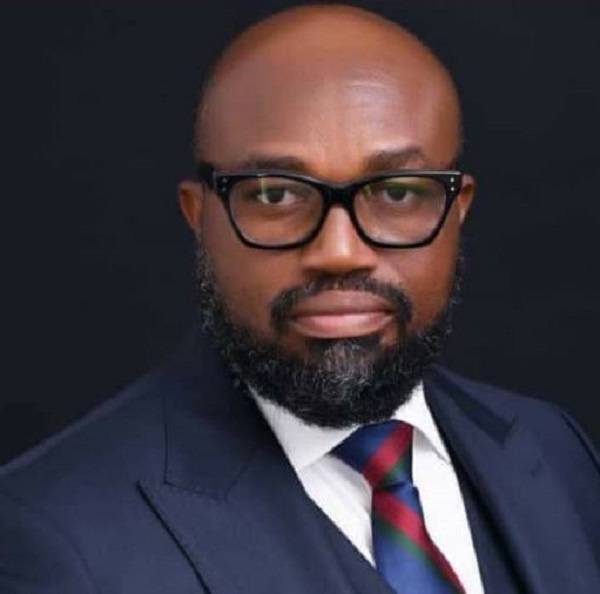


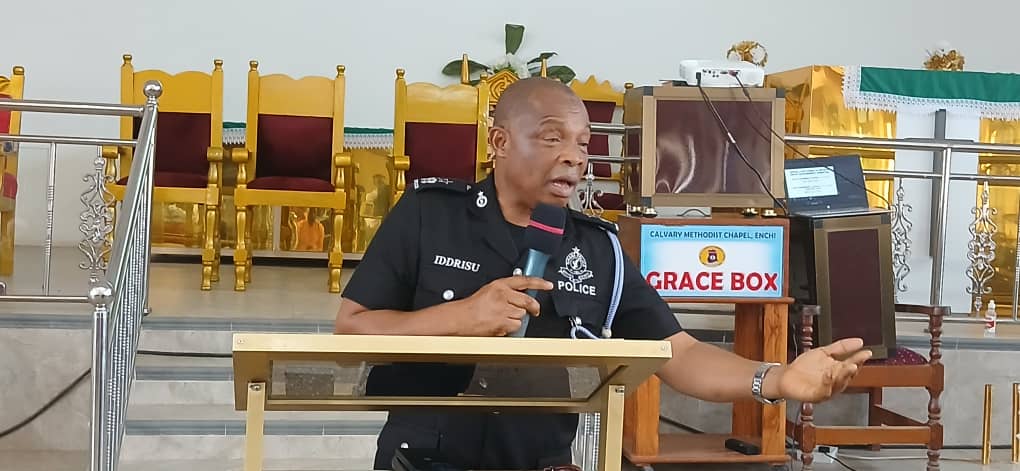


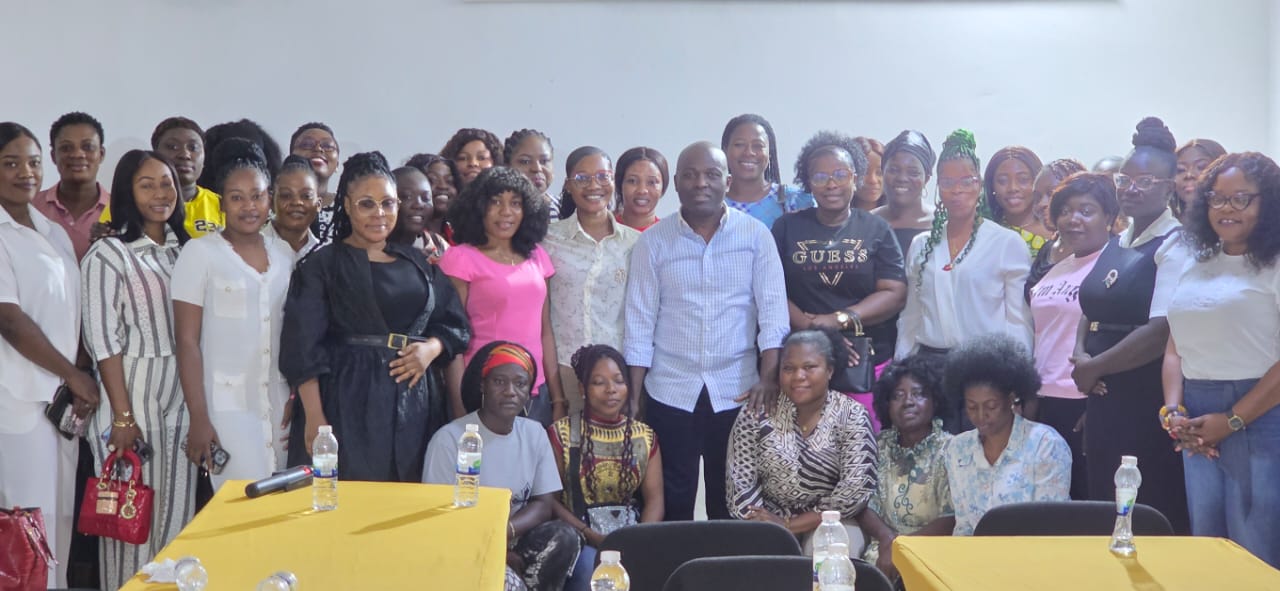




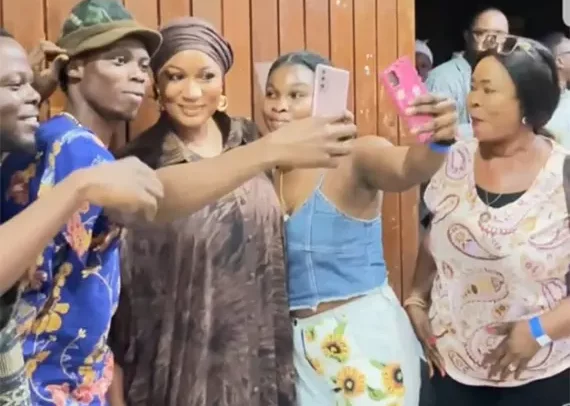

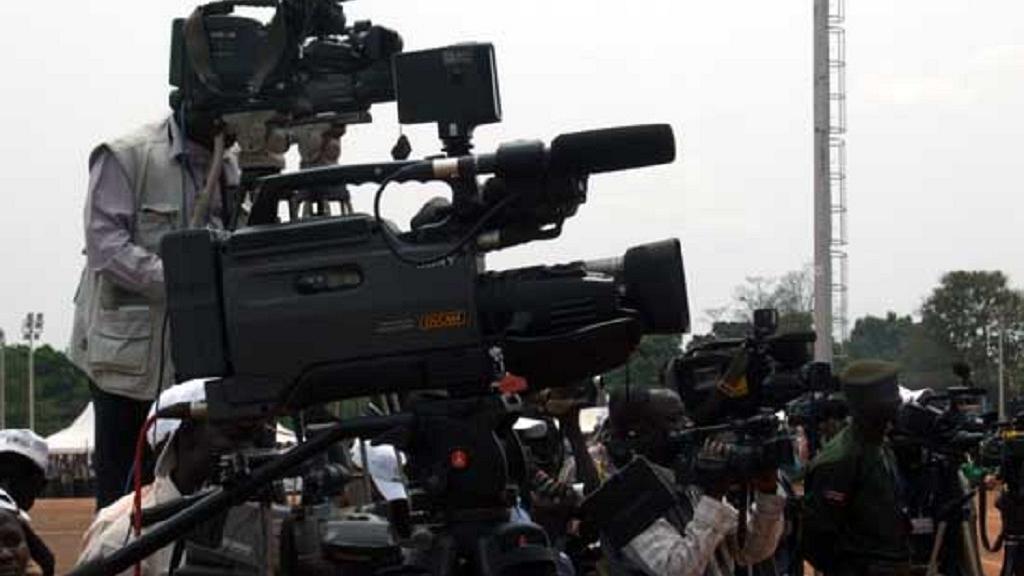

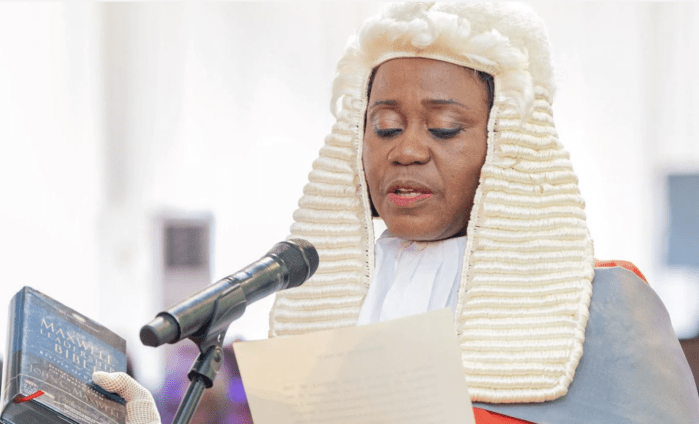

Facebook
Twitter
Pinterest
Instagram
Google+
YouTube
LinkedIn
RSS